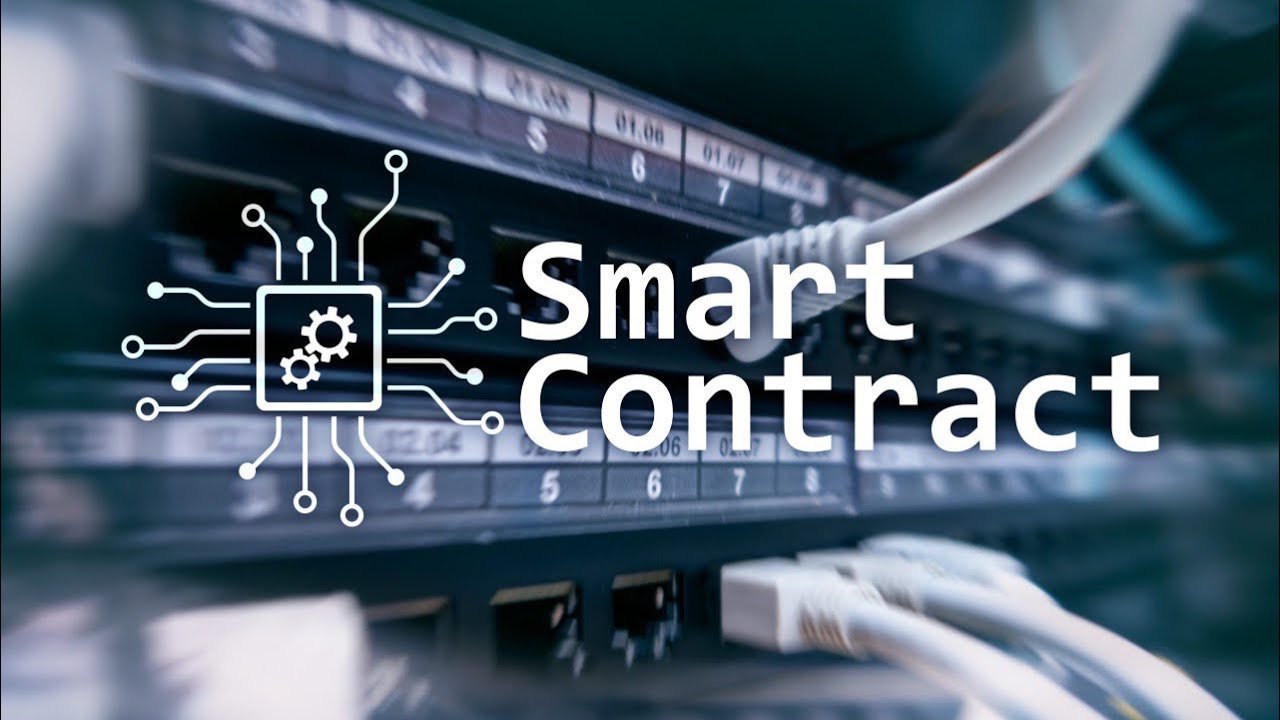The advent of blockchain technology is a game-changer, altering several industries in this age of lightning-fast technical development. Blockchain technology has numerous uses, but one of the most innovative is in digital Blockchain & Smart Contracts. Thanks to its ability to provide trustless systems. This article delves into how blockchain technology revolutionizes contracts to maximize efficiency, security, and transparency while reducing the need for third parties.
Blockchain technology revolves around the concept of trustless platforms. A third party is usually needed to ensure that everyone keeps their promise in a typical contract. This third party could be a bank, a lawyer, or an escrow service. Not only does this rely on intermediaries.
The transaction process also presents potential points of failure and additional costs. In contrast, trustless systems do not rely on a central authority but instead work through decentralized networks that allow users to interact freely with one another. Rather than depending on third parties, trust is built via transparency as each transaction is recorded on an immutable, secure ledger.
Smart Contracts Automating Trust

One of the most important developments in the blockchain ecosystem, smart contracts, captures the spirit of decentralized systems in electronic contracts. In contrast to conventional contracts, which are typically worded in legalese and necessitate interpretation, smart contracts are just strings of code that automatically execute once certain criteria are satisfied. Thanks to this automation, all parties are guaranteed to complete their commitments exactly as agreed upon, removing any room for misunderstanding.
For example, a smart contract might be implemented in a real estate transaction to automate the transfer of ownership after the blockchain verifies the payment. This automated enforcement shortens transaction times and decreases the possibility of fraud or disagreements stemming from contract interpretation, further providing blockchain value in contract management.
Blockchain Unbreakable & Transparent
The immutable nature of blockchain data is one of its main selling points. A cryptographically protected chain of blocks is formed by connecting each transaction to those that came before it. This chain is very difficult to modify. Blockchain is exceptionally secure against fraud and unauthorized modifications because of this feature. Conventional systems allow forgeries and other forms of contract manipulation by bad actors. Without depending on subjective interpretations, all parties may check the integrity of the contract thanks to blockchain’s transparency and immutability.
The security aspects of blockchain technology are very advantageous to businesses, particularly those in the supply chain management industry. For instance, businesses can trace the origin of products to ensure every sale is legitimate and traceable. This improves supply chain accountability while also fostering confidence among members.
Smart Contracts Reduce Costs & Delays
Implementing smart contracts can significantly reduce costs by eliminating intermediaries. The number of stakeholders demanding payment under traditional Blockchain & Smart Contracts can quickly increase in complex transactions. Legal fees, administrative work, and other expenses related to Traditional contract management.
Significantly reduced when organizations use blockchain technology to standardize their operations. The value of the time saved processing transactions is also immeasurable. Prolonged approval procedures kill growth in many sectors. Smart Blockchain & Smart Contracts facilitate speedier decision-making and overall operational efficiency.
Legal Recognition of Smart Contracts Grows
As blockchain technology advances, its acceptability in legal systems worldwide is growing. Legal recognition of smart contracts as valid agreements spread across jurisdictions, which bodes well for their widespread use. Lawmakers in several parts of the world have proposed new regulations to accommodate blockchain technology. For example, talks on the potential legal ramifications of blockchain contracts have begun in the US and the EU, indicating a trend towards wider acceptance.
This official acknowledgment is vital to encouraging confidence among companies and individuals contemplating blockchain solutions. As legal frameworks adapt to incorporate blockchain technology. The possible uses of blockchain technology are expanding beyond transactions to encompass areas like voting systems, identity verification, intellectual property rights, and digital contracts.
The Future of Trustless Systems
Trustless solutions powered by blockchain still have enormous potential. Sectors like logistics, healthcare, real estate, and finance are just now investigating blockchain technology’s many potential uses. Due to rising concerns about data privacy and security and the need for greater openness, trustless systems are predicted to continue growing in popularity.
We may see a dramatic change in how Blockchain & Smart Contracts are understood and carried out when organizations master the intricacies of blockchain. With the advent of trustless systems, there will be boundless opportunities for creativity, which will usher in a new age where technology establishes trust.
Summary
In conclusion, blockchain is reimagining contracts, not merely altering the nature of transactions. Blockchain technology has the potential to create a more secure, efficient, and transparent digital economy by facilitating trustless systems through smart contracts. Which in turn will increase efficiency, decrease costs, and streamline procedures. Future success in a globally interdependent economy will depend on companies’ willingness to adopt these innovations.
[sp_easyaccordion id=”3849″]


